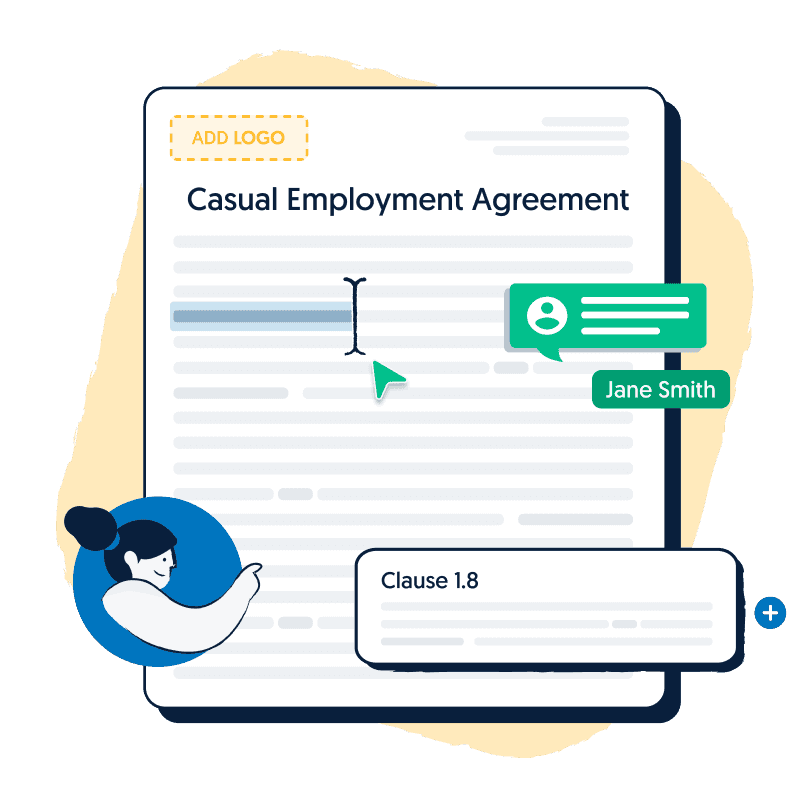Sydney-based lawyer, specialising in corporate operations. Formerly Legal Intern at Lawpath.
A notice period refers to the period of time between the day after the employer informs the employee that they want to end the employment and the last day of employment. Employers must give employees notice periods prior to employment termination. However, in some circumstances it is acceptable that employers do not have to give employees a notice period. This article will detail how and when a notice period does not need to be given by an employer.
Serious Misconduct
In circumstances where misconduct has occurred, you do not have to give notice to the employee. A serious misconduct refers to conduct that is deliberate and is a definitive breach of employment contract. This can include actions of fraud, theft and a refusal to carry out duties as stated in the employment contract. If this has occurred, you have the right terminate without giving a notice period.
When this situation arises, it is important that legal liability is minimised by taking the appropriate steps.
Generally, when serious misconduct has occurred, these steps are taken:
- Organisation of a meeting with the employee
- Presentation of facts and evidence of employee misconduct
- Allowing time for the employee to respond to the allegations
- Notice of suspension of responsibilities
- Formal written notice to employee of evidence and decision for employment termination
- Allowing time for employee to “show cause” for reasons why they should not be dismissed
- Payment of time worked up until employee leaves the workplace
In essence, this process can become complex and inefficient if not conducted properly. To ensure that the process of dismissal is efficient, you should consult a lawyer. Alternatively, Fairwork Australia can be of use.
Casual Employment
Casual employment typically does not come with added benefits of a notice period. But, if the casual employee agreement stipulates that a notice period will be given, you must give the employee a notice period.

Get your Casual Employment Agreement now for free.
Hire casual employees in any industry. This Employment Agreement (Casual) is essential when hiring new employees for your business.
Seasonal Employees
Similarly, this is another situation where employers do not need to give a notice period prior to termination of employment. These employees are not full time and do not receive the benefits of a fixed term employment. A notice of termination does not apply to seasonal employees.. But, you are required to give a notice period if the employee contract entitles them to a notice period.
Final Thoughts
In conclusion, when employers do not have to give employees notice periods is dependent on a number of factors such as employee contract, employee professional conduct and position of employee. But, care must be taken in circumstances where an employment contract specifies that a notice period of termination is to be advised.
Don't know where to start?
Contact us on 1800 529 728 to learn more about customising legal documents, obtaining a fixed-fee quote from our network of 600+ expert lawyers or to get answers to your legal questions.






